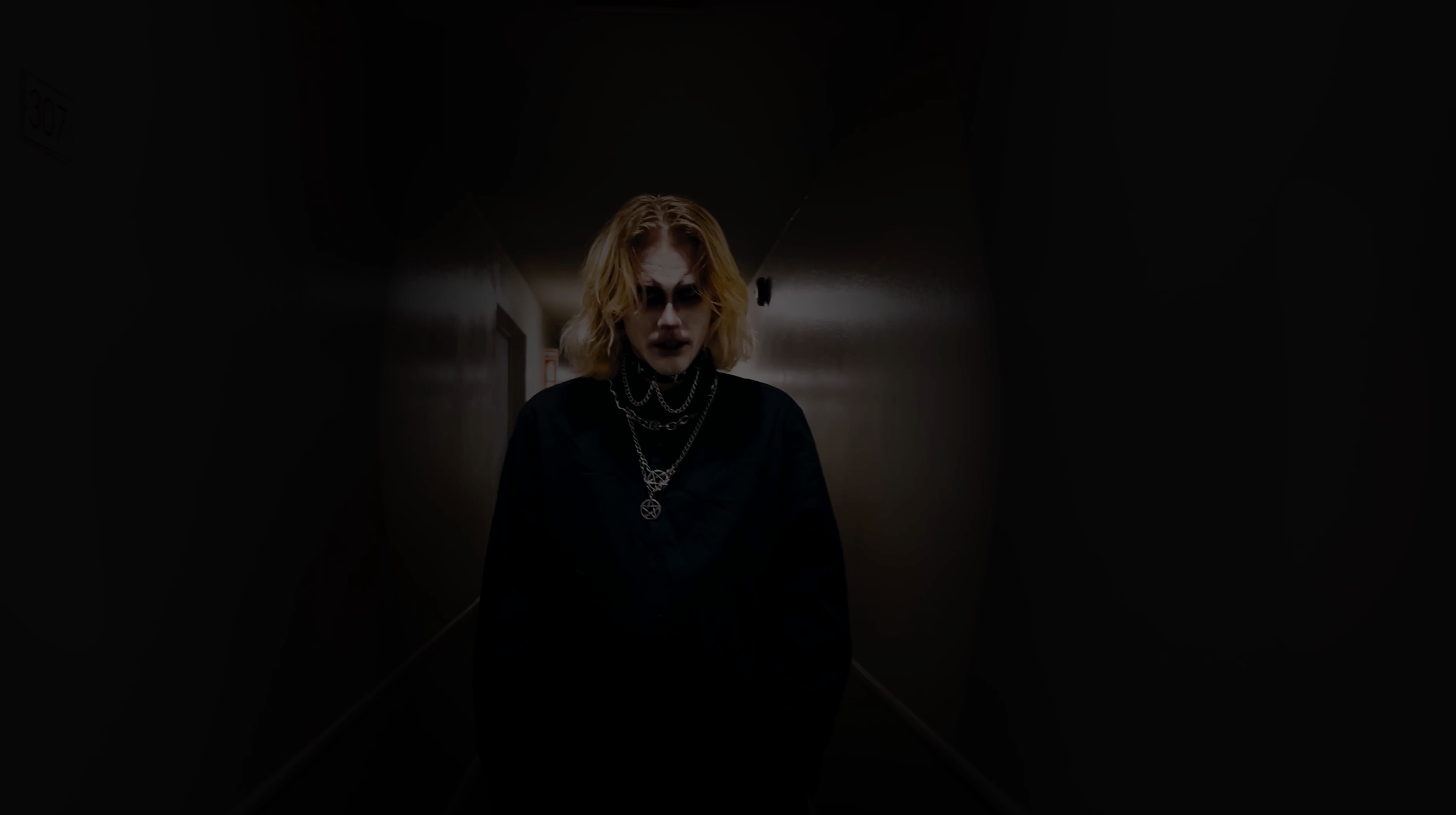Phagia (2024)
Directed by Devyn Nace
Short | Experimental | StudentSynopsis
A cat births a deformed kitten and devours it, meanwhile, something sinister devours the psyche of Phagia’s protagonist. Dissociative and lost in their own mind, the protagonist grapples with a colorless world and a fragmented identity. Their feelings of emptiness make them the perfect host for something to grow within. A new identity springs forth: something powerful, something beautiful, something hungry. Is it a gift from the universe, or an evil unleashed into the world? What happens when the kitten eats the cat?
Director Statement
Phagia came about very spontaneously. I didn’t begin with a strict plan or a fully formed narrative—only a set of visuals in my head and the feelings I wanted to translate onto the screen. As we filmed, the piece evolved organically. The actors improvised throughout, breathing life and depth into their characters in ways I could never have imagined. For that, I am deeply grateful; their vulnerability and commitment are what made this film possible.
The title, Phagia, comes from the Greek word “to consume.” Consumption became the central theme of the film: the way despair, longing, and isolation can overtake a person to the point of destruction. The protagonist is fragile, weighed down by depression and a yearning for something better. In that darkness, they are consumed—almost abducted by their own shadow. Yet out of this destruction comes a kind of rebirth. It is about killing off one version of yourself and allowing another to emerge, stronger, more resilient, and unapologetically alive.
This journey has also been interpreted as a metaphor for the queer experience. Queerness, too often, is first met with loneliness, fear, and silence—a dark place where you feel consumed by the weight of hiding. But once you emerge, once you step into the world as your authentic self, there is freedom. This is where the symbolism of drag becomes essential in the film. Drag is not just performance; it is an act of reclamation, a radical expression of identity. It embodies the transformation from suppression to liberation, from invisibility to visibility. In Phagia, drag represents the character’s rebirth into authenticity and power.
Ultimately, the film is about destruction and renewal, pain and transformation. It is about what we must allow to die within ourselves so that we can step into who we truly are.
Specifications
Genre | Experimental
Runtime | (08:23)
Production Budget | 60 USD
Country of Origin | United States
Country of Filming | San Francisco, United States
Language | English & Spanish
Shooting Format | Digital
Film Color | Black and White & Color
Student Project | San Francisco State University
Credits
Director, Writer, & Editor | Devyn Nace
Cast | Gavin Ayers
Cast | America Berrett
Music | Arca
Special thanks to our Donors and Helpers
Shaun Nace,
Shaghayegh Bibiyan,
& Jason Ahn



